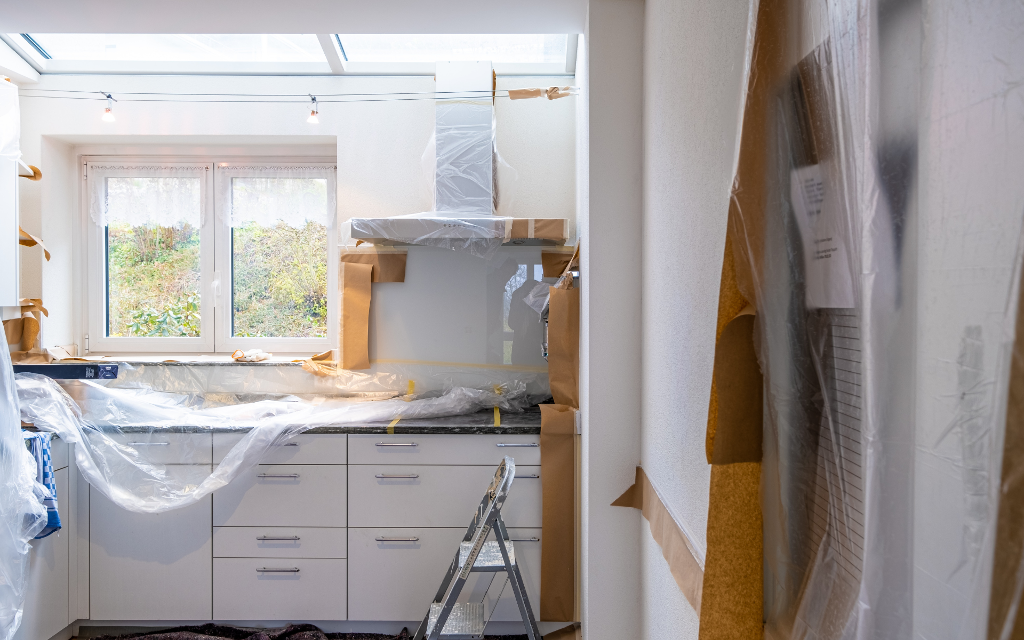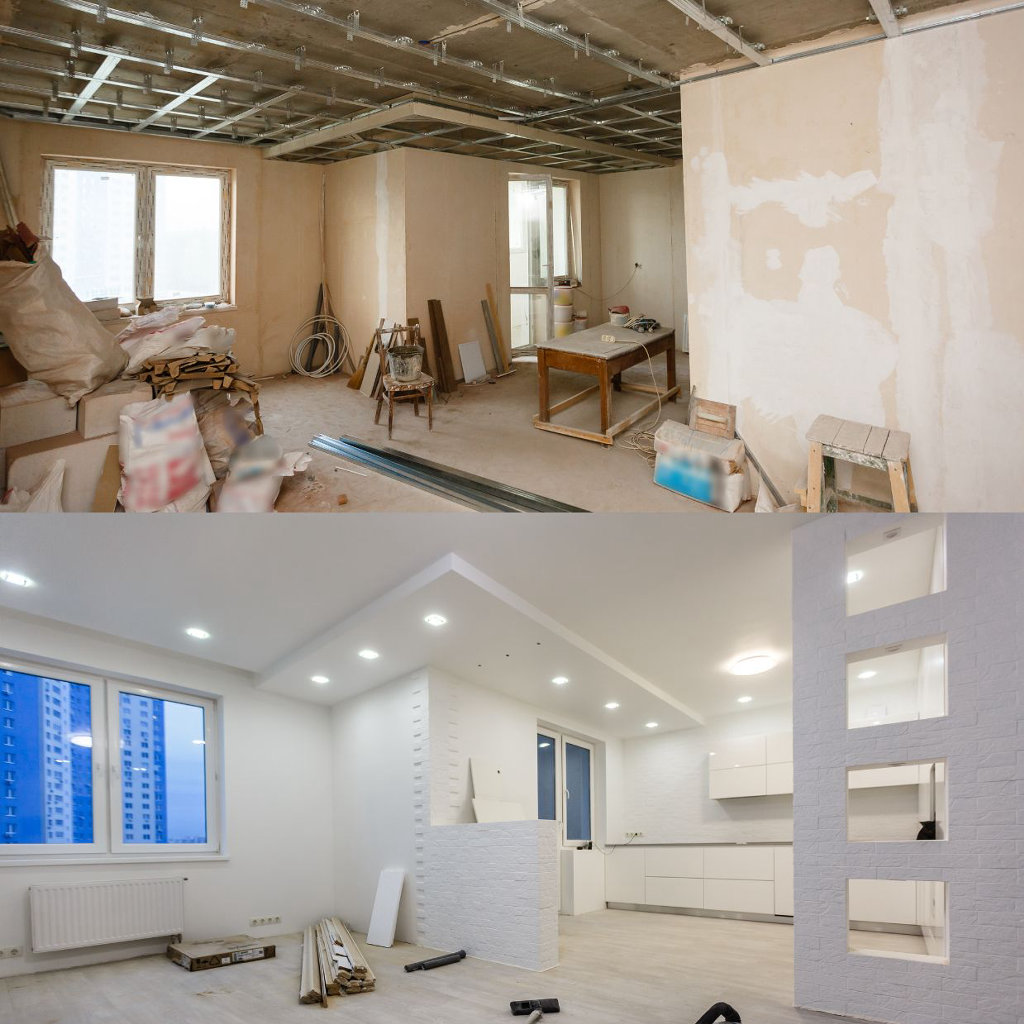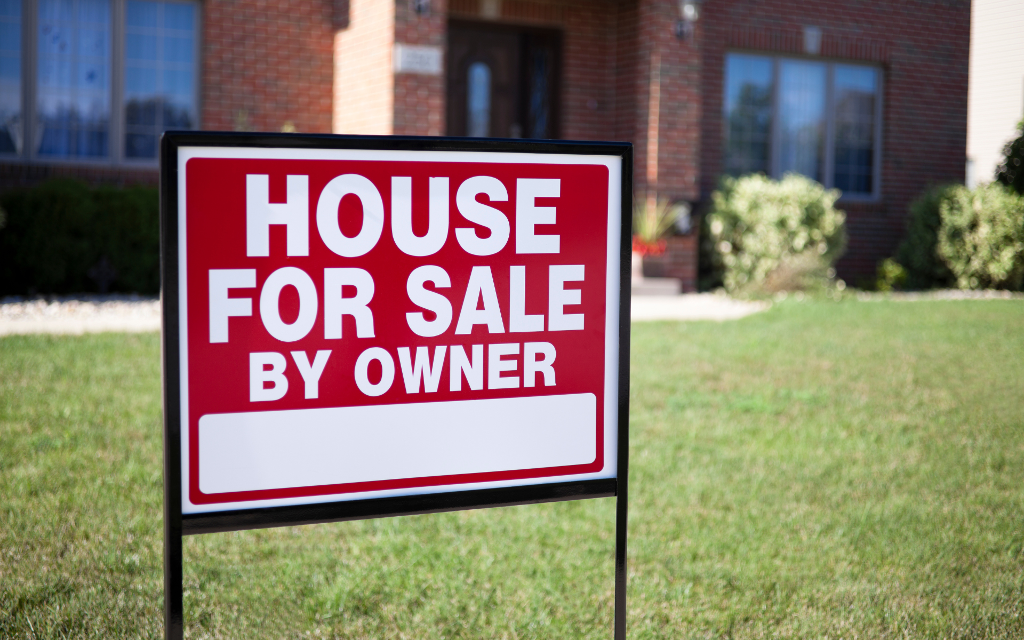The Truth Behind Real Estate Reality Shows
Home and real estate reality shows have become a staple in modern television entertainment, captivating audiences with their flashy makeovers, high-stake negotiations, and seemingly effortless house flipping. While these shows have gained immense popularity, there’s a surprising truth behind the glitz and glamour. Most realtors have a love-hate relationship with HGTV and reality shows about home flipping and real estate because of the unrealistic expectations they create for home buyers and sellers. Here’s what causes us to cringe and why.
Unrealistic Timelines and Expectations
One of the most significant criticisms is the portrayal of timelines and expectations. On TV, renovations that would take weeks or even months in real life are miraculously completed in a few days. This creates unrealistic expectations among viewers, making them believe that such rapid transformations are the norm. In reality, home renovations involve meticulous planning, permitting, inspections, and unforeseen delays that are conveniently omitted from the shows. This can lead to frustration among clients who expect their real-life transactions to move at the same breakneck speed.

Reality Shows Gloss Over Legal and Financial Aspects
Real estate transactions are not just about choosing paint colors and finding the perfect backsplash. They involve complex legal, financial, and logistical considerations that reality TV often glosses over. The negotiations, legal contracts, inspections, and due diligence are condensed into a few dramatic minutes, failing to capture the intricacies that realtors handle behind the scenes. This oversight can mislead viewers into underestimating the role of real estate professionals and the potential pitfalls of DIY transactions.
Overemphasis on Glamour, Under Emphasis on Reality
Home flipping shows, in particular, tend to focus on the “wow” factor rather than the nitty-gritty reality of the process. They highlight the financial rewards without addressing the substantial risks and challenges that come with flipping properties. In truth, successful home flipping requires a deep understanding of the local market, construction expertise, financial acumen, and risk management – aspects often downplayed or ignored on TV. Realtors are left frustrated by the superficial depiction of a complex industry that demands careful consideration and strategy and is varies greatly based on location.

Fuel Misconceptions about Realtor’s Role
HGTV and real estate reality shows often depict home buyers and sellers engaging in direct negotiations, sometimes even excluding real estate agents altogether. This portrayal undermines the crucial role that realtors play as intermediaries, advocates, and expert advisers in real estate transactions. Realtors are trained professionals who provide market insights, negotiate on their clients’ behalf, handle paperwork, and ensure a smooth transaction. The shows’ portrayal of DIY transactions can put home buyers and sellers at undue risk.

Reality Shows Inflate Property Value Expectations
Viewers of home and real estate reality shows are frequently exposed to stunning makeovers that add substantial value to properties. This can lead potential buyers and sellers to overestimate the potential return on investment for their own real estate endeavors. Realtors then face the challenge of managing clients’ inflated expectations. They may believe their property is worth far more than its actual market value. This can hinder the selling or buying process and lead to disappointment.
Conclusion
HGTV and reality shows about home flipping and real estate undoubtedly provide entertainment value. They offer a glimpse into the world of property transformations and transactions. However, for realtors and industry professionals, these shows can be a double-edged sword. While they may spark interest in real estate, they often create unrealistic expectations, downplay the complexities of the field, and perpetuate misconceptions about the role of real estate professionals. As viewers indulge in the drama and excitement on their screens, it’s crucial to remember that the real estate reality behind the scenes is far more intricate, requiring the expertise and guidance of experienced professionals. Check out this Buzzfeed article Former Participants On Home Makeover Shows Are Revealing What Their Houses Look Like Now for a better idea of the reality of reality TV.
Contact us if you want a recommendations on home renovation contractors in the St. Louis area. We have a large database of people we’ve worked with and our clients have had success with.




